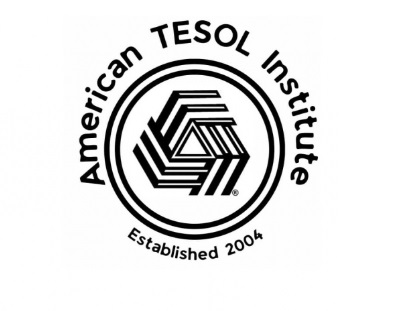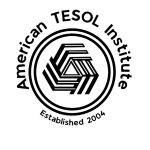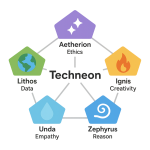What makes a truly effective teacher? While there’s no one-size-fits-all answer, research consistently reveals key principles that lead to better student outcomes and inspire a lifelong love of learning.
1. Ignite Curiosity Through Interest and Explanation:
Effective teachers don’t just impart facts. They spark curiosity by connecting lessons to real-world applications and students’ interests. They also go beyond rote memorization, providing clear, step-by-step explanations that build a bridge between students’ existing knowledge and new concepts.
2. Build Trust with Concern and Respect:
A positive learning environment is rooted in genuine care. Effective teachers demonstrate a sincere interest in their students’ progress and create a safe, supportive space where everyone feels valued. They make learning accessible and empower students with the belief that they can succeed.
3. Go Beyond the Grade with Appropriate Assessment and Feedback:
True learning isn’t just about grades. Effective teachers use diverse assessments that tap into different skills and provide feedback that focuses on growth, not just scores. Timely, specific feedback guides students toward improvement and boosts motivation.
4. Set Clear Goals and Embrace Intellectual Challenge:
Effective teachers set clear expectations and ensure students understand the “why” behind what they’re learning. They challenge students to think critically, solve problems, and reach beyond their comfort zones, fostering a growth mindset.
5. Empower Students with Independence, Control, and Active Engagement:
Student-centered learning is key. Effective teachers encourage autonomy by offering choices and opportunities for exploration. They differentiate instruction to meet the unique needs of each student, ensuring everyone has a chance to shine.
6. Embrace the Dialogue of Learning from Students:
Teaching is a two-way street. Effective teachers are lifelong learners who actively seek feedback from their students, adjusting their approach based on individual responses and needs. This collaborative approach fosters a dynamic learning environment where everyone thrives.
The Bottom Line:
Effective teaching is an art, not a science. It involves passion, respect, and a deep commitment to fostering a love of learning. By combining high expectations with unwavering support, effective teachers empower students to not only learn but to become lifelong learners who embrace challenges and pursue knowledge with enthusiasm.



